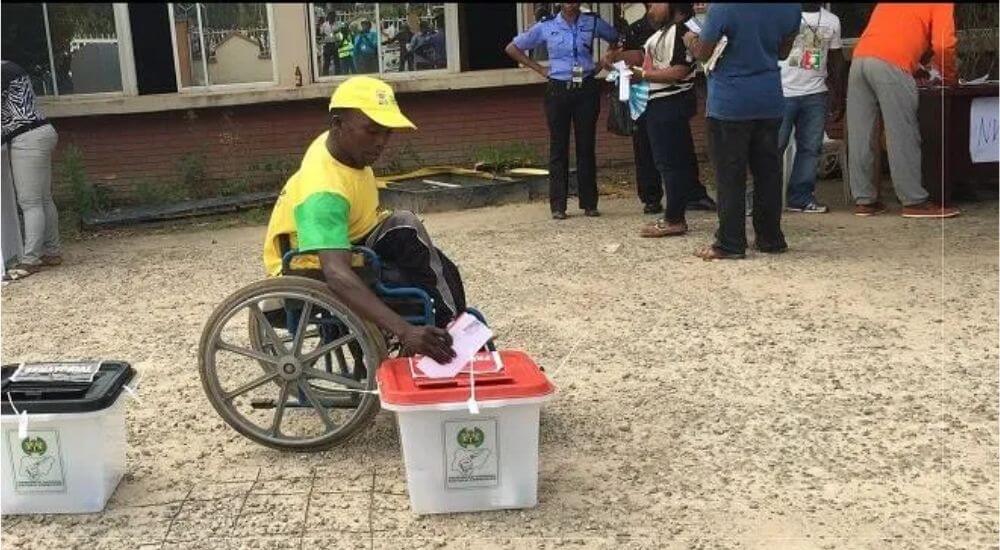Place your adverts here on InfoDig @ low rates; banner ads, sponsored links and guest articles etc. Contact us
The Nigerian National Petroleum Company Ltd said it is in talks with investors to revive two abandoned Liquefied Natural Gas (LNG) projects, Brass LNG and Olokola (OK)LNG projects, situated in the Niger Delta region.
The company’s Chief Financial Officer (CFO), Mr. Umar Ajiya, disclosed this on the sidelines of the ongoing 2024 Gas Technology Conference and Exhibition (Gastech), in Houston, United
States.
This is part of the state-owned oil firm’s efforts to put the country’s huge gas resources into use.
Nigeria’s gas reserves status as of January 1, 2023, was measured at 208.83 trillion cubic feet (TCF), according to the Nigerian Upstream Regulatory Commission (NUPRC).
NNPCL is mandate by the Petroleum Industry Act 2021 (PIA) to ensure the country’s energy security and the company is exploring gas as an alternative and cheaper fuel to run cars and power industries.
Ajiya said in a statement signed by the company’s Chief Corporate Communications Officer (CCCO), Olufemi Soneye, that reviving the Brass LNG and OK LNG would go a long way in changing Nigeria’s energy fortune and secure foreign exchange proceeds.
Brass LNG Terminal was a proposed LNG terminal in Bayelsa State, Nigeria while the OK LNG was a proposed LNG terminal in Cross River State.
The NNPC said Brass LNG and OK LNG are two LNG projects have the potential of manifold economic benefits for the country which include job creation, power generation, revenue generation and economic diversification.
The state-owned firm described the projects as multi-billion dollar projects adding they stalled due to unfavourable market dynamics and slow decision-making by the political class in the past.
“In the past, gas prices went down, and the economics of the projects meant a high Capital
Expenditure (CAPEX) and this was a disincentive for investors and partners. Also, there was slow decision-making by the political class,” Ajiya said.
The CFO noted that there are abundant gas resources in many parts of the world and therefore, the earlier Nigeria makes smart decisions to bring partners to the table, the better.
He added, “We are also happy to have the Petroleum Industry Act (PIA) has provided fiscal incentives for investors and is creating the enabling environment that has rekindled hope in the energy sector.”

















 English (US) ·
English (US) ·